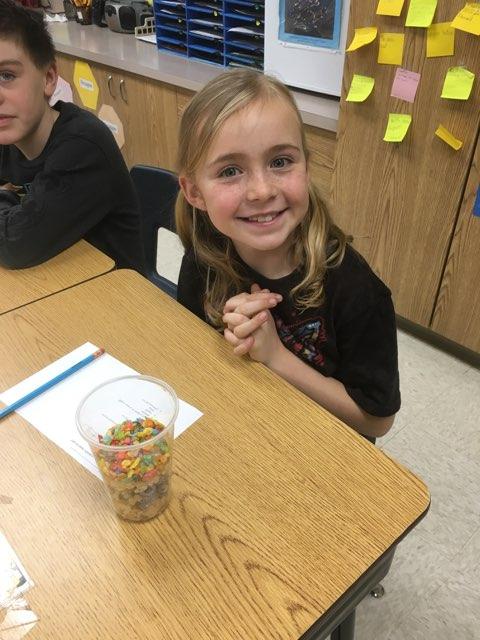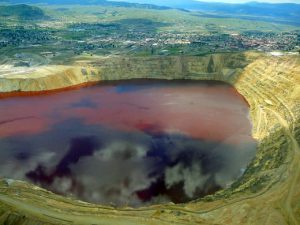By Claudia Hewston
I have been serving now as the Montana SMART Schools Coordinator for nearly 5 months and just recently I had feelings of self-doubt. I woke up one morning, perhaps on the wrong side of the bed, and felt a sense of ambiguity in what I was doing in this position. Perhaps this had been sparked the day before.
I had been researching recycling avenues that may be available to schools across the state of Montana. This has been one of the most challenging aspects of research thus far. None the less during this pursuit I kept stumbling across article after article, video after video, all of which seemed to cast a shadow over those who pursued recycling. Deeming it a futile effort, that regardless of a person’s intent the materials would inevitably end up in a landfill. That our resistance was futile. I allowed these feelings of inadequacy and despair to consume me. But then I remembered,
“The task is, not so much to see what no one has seen yet; but to think what nobody has thought yet, about what everybody sees.” ~Arthur Schopenhauer
This quote grounded me, it reminded me that these feelings were nothing new. These feelings are something that everyone has felt at some point. However “to think what nobody has thought” this is how I can control my situation. Only I can take advantage of and make the best of my situation. I, like countless others, have seen and felt the difficulties and uncertainty of recycling or any other number of things. But only I can see and control what I will do about it.
I have to believe that what I am doing is making a difference, and not just in my education of recycling, but in everything I do. That with every school visit, with every child I talk to about, recycling, soil quality, alternative transportation, energy efficiency, aquaponic farming. That I have seen what everyone has seen, but I have taken action. And I am not alone, others have seen what I have seen and made the same decisions I have. That regardless of what may seem to others a futile endeavor. Others believe, that in time our efforts will come to some conclusion and understanding of what it means to be sustainable and how to achieve it.
So whether it be third graders going home and communicating to their parents the importance of soil quality. Or ninth and tenth graders going home and voicing their concerns about the purchases of plastic products. I am helping them make a difference and in turn, am making my own difference.








